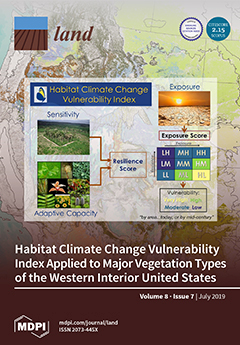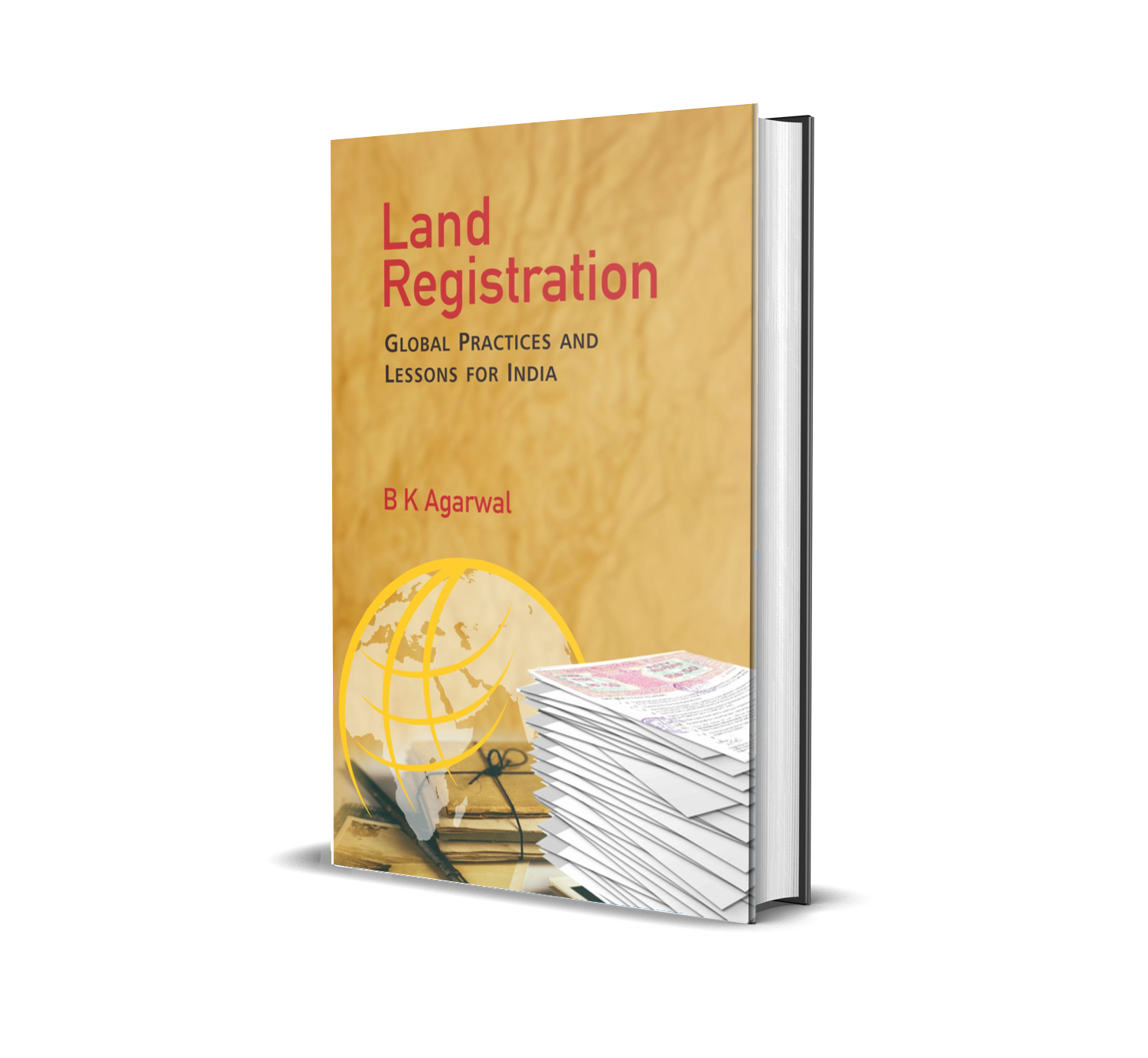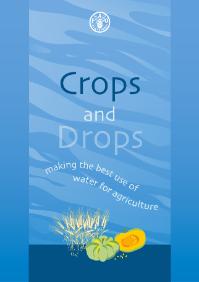Extreme weather events cause considerable damage to livelihoods of smallholder farmers globally. Whilst index insurance can help farmers cope with the financial consequences of extreme weather, a major challenge for index insurance is basis risk, where insurance payouts correlate poorly with…
The Environment and Planning Act is developed as a sequel to the Crisis and Recovery Act. In the context of the Global Financial Crisis, market players hardly realised buildings. In the rare case that a market player was willing to invest, the legal system should not limit investments, but…
The current paper examines the legitimacy dilemmas that rise from local governments’ direct policy instruments and market interventions. It takes the case of public land management strategies. The paper argues that current societal challenges—such as energy transition, climate change and…
Land Registration: Global Practices and Lessons for India has been authored by B. K. Agarwal, having extensive knowledge and first-hand experience in land administration. It contains a comparative analysis of land registration systems of Germany, UK, Australia, USA, France, and the Netherlands…
The Food and Agriculture Organization of the United Nations (FAO) has developed a series of Technical Guides to elaborate and provide more detailed guidance on thematic areas contained within the Guidelines. As part of this series, this Technical Guide covers the issues associated with the…
Given its wide scope on the work on forests, FAO requests information from its member countries in many different ways, using various reporting formats and questionnaires. The collected information is used to produce several outputs such as databases, overviews, reports, case-studies and other…
This report aims to provide a conceptual framework to address food security under conditions of water scarcity in agriculture. It has been prepared by a team of FAO staff and consultants in the framework of the project `Coping with water scarcity: the role of agriculture?, and has been discussed…
Water - Source of food security. World Food Day: 16 October 2002.Water and food security are intimately connected. Many of the over 800 million people in the world who still go hungry live in water-scarce regions. When FAO launched its Special Programme for Food Security in 1994, it was well…
This guide is about extending the recording or registration of tenure rights to people who currently are not served by systems to record their rights. It provides practical advice on ways to introduce a new system to record tenure rights and for the recording of rights for the first time by the…
New approaches to collect in-situ data are needed to complement the high spatial (10 m) and temporal (5 d) resolution of Copernicus Sentinel satellite observations. Making sense of Sentinel observations requires high quality and timely in-situ data for training and validation. Classical ground…
The transition from fossil to renewable energy needs changes in land use. The development of renewable energy sources introduce extra and sometimes new externalities, such as shadows and noise on landscape. There are governments who are experiencing difficulties when developing renewable energy…
Access to safe water and sanitation and sound management of freshwater ecosystems are at the very core of sustainable development. This is the aim of Sustainable Development Goal 6 (SDG 6), which includes approaches to water management supported by international cooperation, capacity building…











